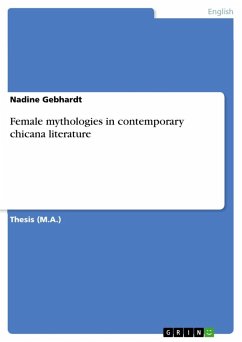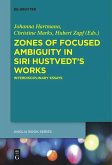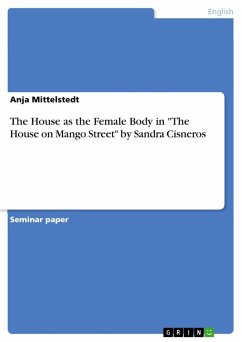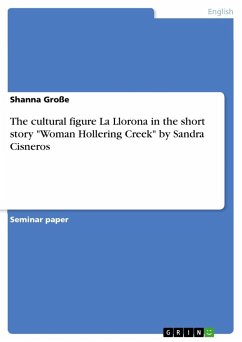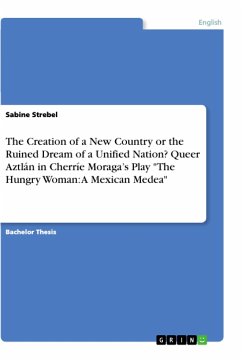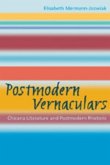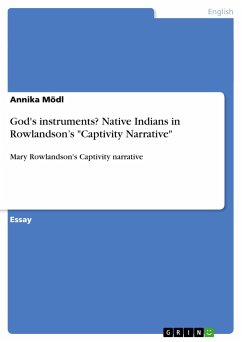Thesis (M.A.) from the year 2005 in the subject American Studies - Literature, grade: 1,0, Ernst Moritz Arndt University of Greifswald, language: English, abstract: In Mexican-American/ Chicano culture, feminine archetypes from the Mexican tradition play an important role for woman's subjectivity. Traditionally, such archetypes epitomize Catholic-patriarchal constructions of womanhood. Idolized by the figures of the Virgin of Guadalupe, La Malinche, and La Llorona, the most prevailing representations of female sexuality and motherhood evolve around the passive virgin, the sinful seductress, and the traitorous mother. Along the lines of Chicana feminism, the traditional definitions of these feminine archetypes can be seen as promoting an image of woman that is detrimental to female subjectivity. Although there are three figures, these archetypes evoke a binary opposition that defines woman as either "good woman" or "bad woman," "virgin" or "whore." As such, they limit and circumscribe the Chicana's development of subjectivity. But these cultural icons may also epitomize feminine power, and hence provide the Chicana with possible feminist role models to back up her emancipation. Chicana feminists have employed creative writing to counter the Catholic-patriarchal discourse on the Virgin of Guadalupe, Malinche, and La Llorona. As they explore these cultural archetypes in their novels, short stories, and poems, Chicana feminists attempt to reveal the mechanisms by which the original images of these mythic figures have been subverted, disempowered, and distorted. But most importantly, they seek to deconstruct the virgin/whore dichotomy by rewriting the mythic figures. Through a revision of existing myths, Chicana writers are able to create a feminist mythology that is rooted in cultural tradition but simultaneously serves as an act of resistance to the dominant discourse.This Master's thesis will explore the mythic figures of Guadalupe, Malinche, and La Llorona in all their complexity, and discuss their predominant role in contemporary Chicana literature by focusing on different examples of creative writing provided by three of the most articulate and powerful Chicana voices: Helena Maria Viramontes: "The Broken Web" and "The Cariboo Cafe" Sandra Cisneros: "Little Miracles, Kept Promises," "Never Marry a Mexican" and "Woman Hollering Creek"Ana Castillo: So Far from God
Bitte wählen Sie Ihr Anliegen aus.
Rechnungen
Retourenschein anfordern
Bestellstatus
Storno

